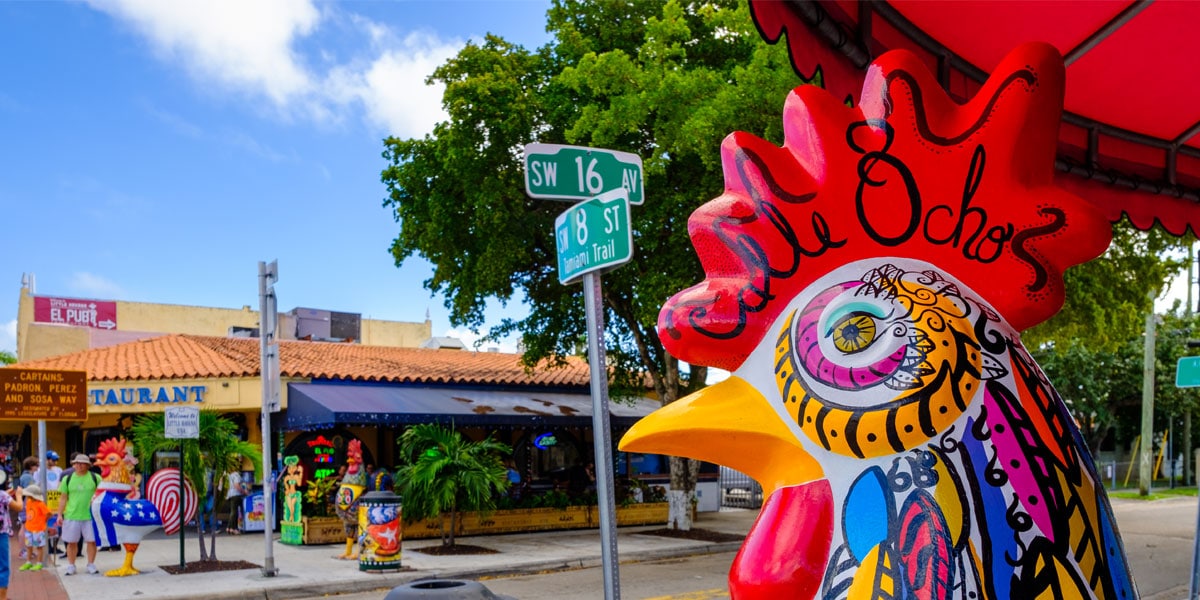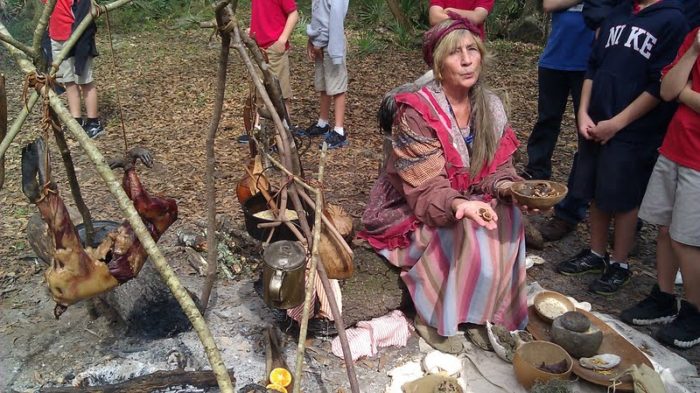South Florida January 2023

COR 375 with Dr. Wally Metts
- $550 for those with full CCS benefit
- $1,950 for those with half CCS benefit
- $3,350 for those with no CCS benefit
The Tamiami Trail, connecting Tampa to Miami, was constructed across the Everglades in the 1920’s to connect the east and west coasts. It was an engineering marvel at the time. Today the Trail stretches from Ybor city, a Cuban district in Tampa built around cigar factories before most European immigrants arrived in the US, to Little Havana in Miami, a Cuban population that arrived in the mid-1900s, fleeing the communist revolution and, unable to return, now comprises about 60% of the people who live in the city.
Along the way through South Florida, you will also find migrant workers who work in the cane fields, Seminole and Miccosukee Native Americans who live on reservations, retirees who grew up somewhere else, as well as Haitian, Puerto Rican, Mexican and other Central Americans who eat different foods and speak different languages.
This multicultural mosaic raises many questions:
- How do the Cuban populations of Tampa and Miami differ?
- Why is there so much tension between Miami’s African American and Cuban communities?
- In what ways do the many Latina groups see themselves as distinct cultures?
- Why have Haitians moved to South Florida and what are their unique challenges
- How has casino money affected Seminole tribal culture and values?
- What is the impact of climate on culture? On foodways?
- What are the ecological challenges facing the Everglades?
- What is the impact of US migration patterns on local “old Florida” culture?
Learning activities may include:
- Visit churches serving minority populations.
- Tour Ybor City and Little Havana
- Explore the Seminole AH-TAH-THI-KI Museum and the American Museum of the Cuban Diaspora.
- Visit Seminole and/or Miccosukee reservations.
- Talk with 3rd and 4th generation Floridians (rarer than you think)
- Explore the Everglades.
- Take a boat trip into the 10,000 islands, keys along the southern tip of the Florida.
- Do practical service in Haitian communities.
- Take a tour of Miami’s Over Town African American district.
- Help with a day camp for Central American children.
- Talk with Cuban community leaders in Miami.
These questions and activities will help you understand economic, educational, family, government, and religious aspects of these cultures. You should be able to think about cultural differences insightfully and holistically, as you learn to ask better questions and make fewer judgments.

Travel Information
Departure Dates
This trip will fly to Florida with possible departure dates before New Year’s Day. Students should not make irreversible plans until their departure date is confirmed by the CCS office in fall 2022.
Health & Safety
This experience, like all CCS experiences is subject to political and safety realities at the time of departure and is not guaranteed. CCS options can by physically and emotionally intense and stretching. All participants should consult the disclosures on the Physical Hardships of CCS. No Immunizations are required for this trip.
Trip Costs
CCS program costs do not include the $150 study away fee.
CCS trips are not guaranteed and are subject to change.